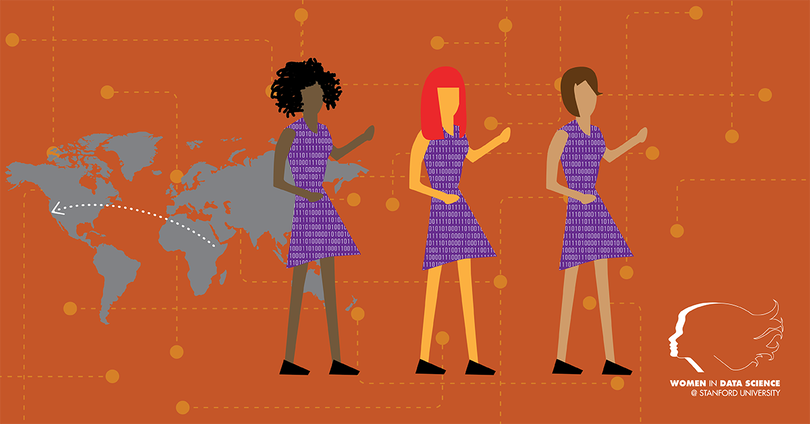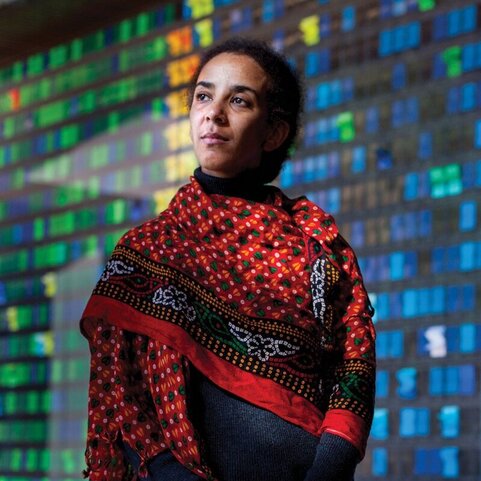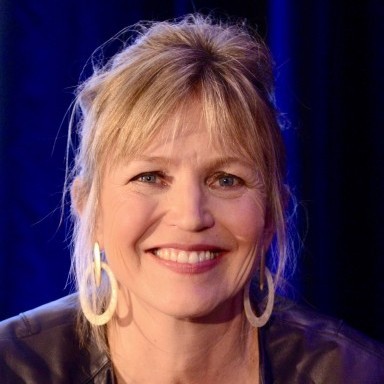Advocating for Diversity, Inclusion and Ethics in AI


Research Scientist and Technical Co-Lead of Google’s Ethical Artificial Intelligence Team
About this episode
Timnit Gebru spoke to us when she was a research scientist and technical co-lead of Google’s Ethical Artificial Intelligence Team. In this episode, Timnit explains the importance of advocating for diversity, inclusion and ethics in AI.
Highlights
Timnit joined Google after completed her postdoc in the Fairness, Accountability, Transparency, and Ethics (FATE) group at Microsoft Research, New York. Prior to that, she was a PhD student at the Stanford Artificial Intelligence Lab, studying computer vision under Fei-Fei Li. She also co-founded Black in AI, an organization that works to increase diversity in the field and to reduce the negative impact of racial bias in training data used for machine learning models.
She was born and raised in Ethiopia. As an ethnic Eritrean, she was forced to flee Ethiopia at age 15 because of the war between Eritrea and Ethiopia. She eventually got political asylum in the United States. “This is all very related to the things I care about now because I can see how division works,” she explains during a conversation with Margot Gerritsen, Stanford professor and host of the Women in Data Science podcast. “Things that may seem little, like visas, really change people’s lives.”
Last year, she said that half of the Black in AI speakers could not go to NeurIPS because of different visa issues. “And in that 20 seconds, that visa denial, it feels like the whole world is ending for you because you have an opportunity that’s missed… Not being able to attend these conferences is much more important than people know.”
She has learned through her work with Black in AI that the number one thing we need to do is empower people from marginalized communities, which is why diversity, inclusion and ethics are not at all separate. It’s essential to have a wider group of people in the world determining where AI technology goes and what research questions we pursue. She says the industry has been pretty receptive to her proposals around norms, process and transparency because they are easier to operationalize. However, there are other things like racism and sexism where we need a fundamental shift in culture.
She has seen the potential for unintended consequences with AI research. Her PhD thesis at Stanford utilized Google maps data to predict income, race, education level, and voting patterns at the zip code level. She saw some follow up research using a similar methodology to determine what kind of insurance people should have. “And that is very scary to me. I don’t think we should veer off in that direction using Google Street View.” She says she wishes you could attach an addendum to your earlier research where you talk about your learnings and your intentions for how the work be used. At the time of this recording, Timnit was working on large-scale analysis using computer vision to analyze society with lots of publicly available images. She says it’s critical that she also spend a lot of time thinking about the consequences of this research.

About the Host
Margot Gerritsen
Stanford Professor [Emerita] Margot Gerritsen is the Executive Director and co-founder of Women in Data Science Worldwide (WiDS) and born and raised in the Netherlands. Margot received her MSc in Applied Mathematics from Delft University of Technology before moving to the US in search of sunnier and hillier places. In. 1996 she completed her PhD in Scientific Computing & Computational Mathematics at Stanford University and moved further West to New Zealand where she spent 5 years at the University of Auckland as a lecturer in Engineering Science. In 2001, she returned to Stanford as faculty member in Energy Resources Engineering. Margot was the Director of the Institute for Computational & Mathematical Engineering (ICME) at Stanford from 2010-2018 and the Senior Associate Dean for Educational Affairs in Stanford’s School of Earth Sciences from 2015-2020. In 2022, Margot took Emerita status to devote herself to WiDS full time. Margot is a Fellow of the Society of Industrial & Applied Mathematics, and received honorary doctorates from Uppsala University, Sweden, and the Eindhoven University of Technology in the Netherlands. She now lives in Oregon with her husband Paul.
Connect with Margot Gerritsen on Twitter (@margootjeg) and LinkedIn.
Find out more about Margot on her Stanford Profile.

